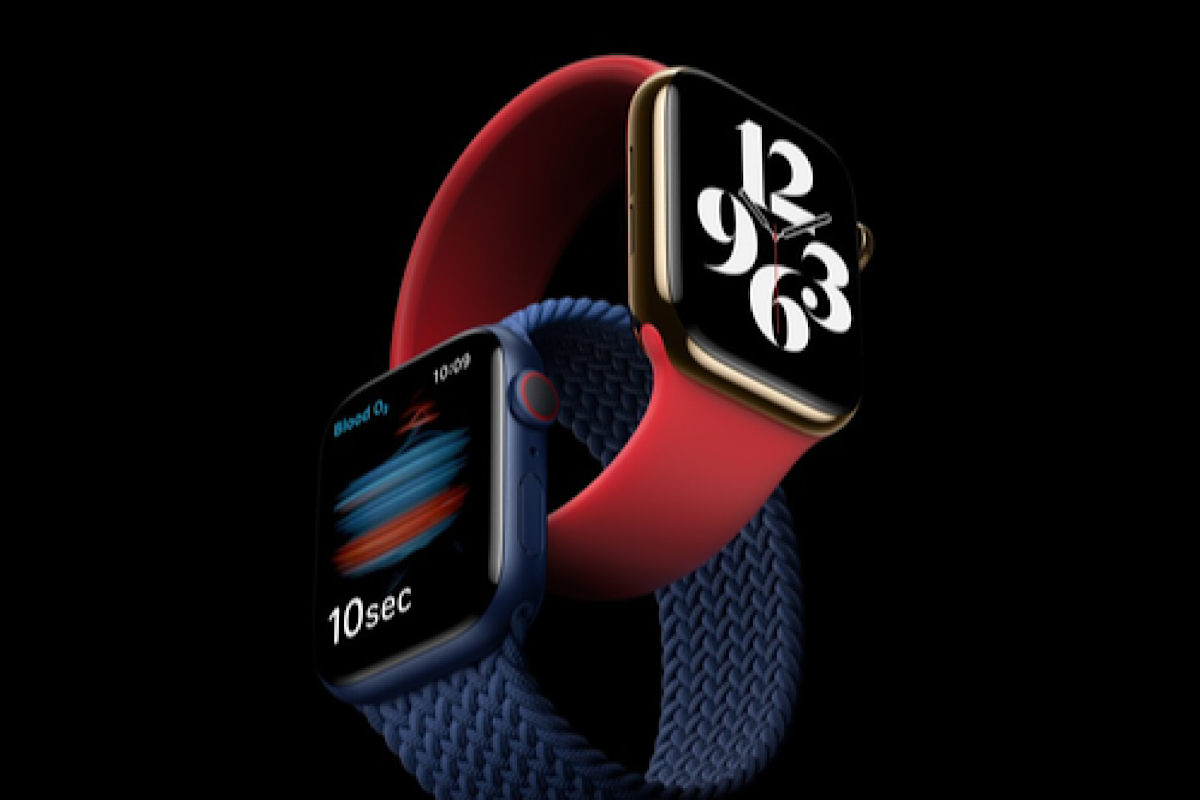Why cancer immunotherapies don’t work for everyone
Scientists have uncovered a mechanism by which cancer cells prevent the immune system from activating and attacking the cancerous invaders.

Apple Watch,
Apple Watch or Fitbit wristband is a hotspot for harmful bacteria related to fever, diarrhoea, and a weakened immune system, a new study has shown.
According to a study recently published in the science journal Advances in Infectious Diseases, nearly all Apple Watches and Fitbits are covered in harmful bacteria.
Advertisement
Researchers from the US-based Florida Atlantic University (FAU) tested plastic, rubber, cloth, leather and metal (gold and silver) wristbands in search of a correlation between the material of the wristband and bacteria build-up.
Advertisement
They discovered that 95 per cent of the wristbands were contaminated with potentially harmful bacteria.
Specifically, 85 per cent had Staphylococcus spp, which causes staph infections, 60 per cent had E. coli bacteria, and 30 per cent had potentially lethal Pseudomonas spp.
The gym-goer had the highest bacteria counts for staph infections, which can cause sepsis or even death, emphasising the importance of sanitising wristbands after working out, according to the study.
While activity levels were associated with bacterial growth, the texture of the wristband material was the biggest predictor.
Plastic and rubber wristbands were found to have higher bacteria counts, while metal ones — particularly gold and silver — had little or no bacteria, the study showed.
According to the researchers, plastic and rubber wristbands provide an ideal environment for germs to congregate because their porous and static surfaces attract and allow bacterial growth.
When the watches were worn by different genders, there was no discernible difference.
“The quantity and taxonomy of bacteria we found on the wristbands show that there is a need for regular sanitation of these surfaces,” said senior author Nwadiuto Esiobu, PhD.
“Even at relatively low numbers, these pathogens are of public health significance,” he added.
He also pointed out that active, gym-going healthcare workers should be especially cautious when it comes to sanitizing their watches to avoid potentially infecting at-risk patients.
Advertisement